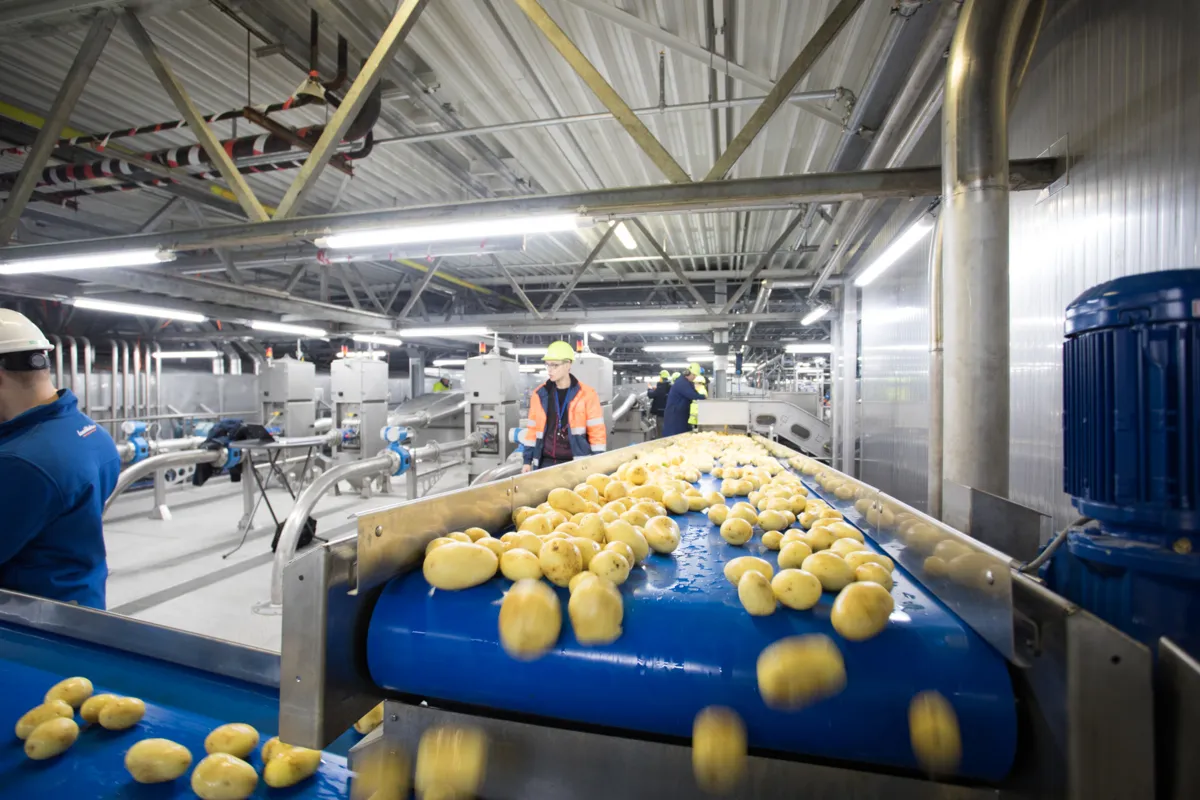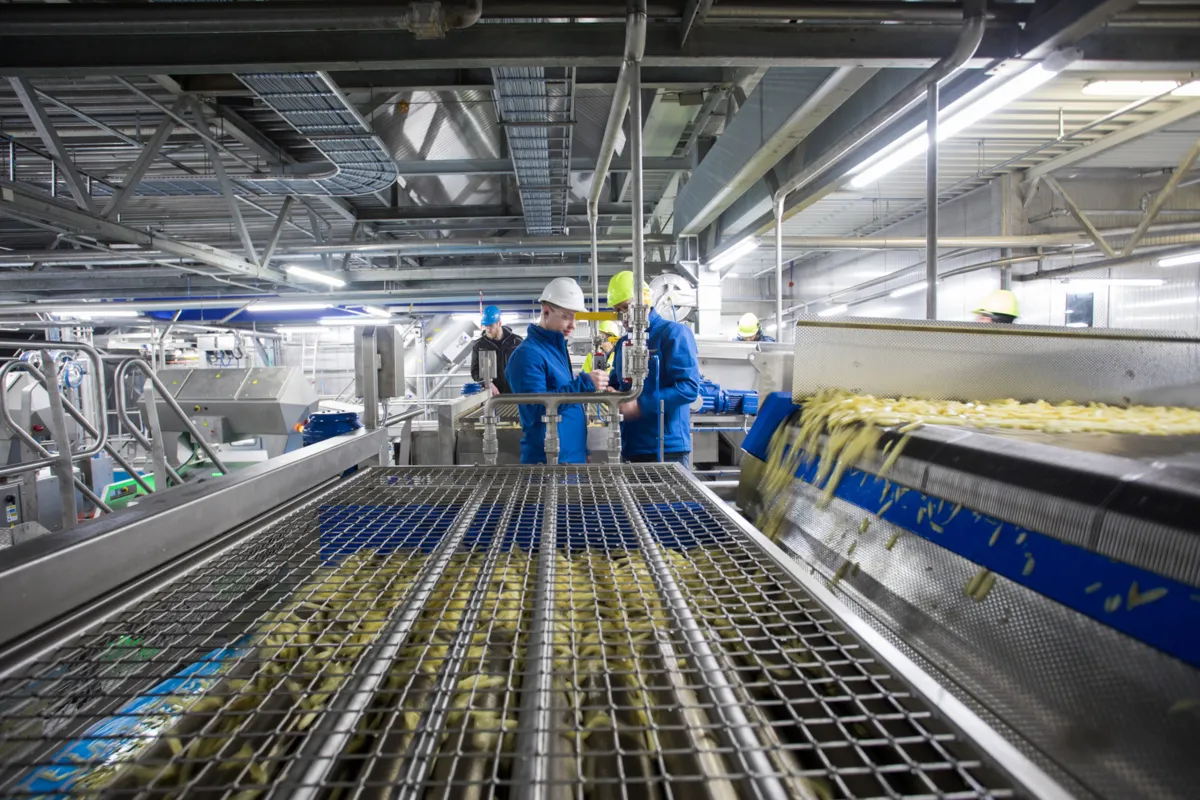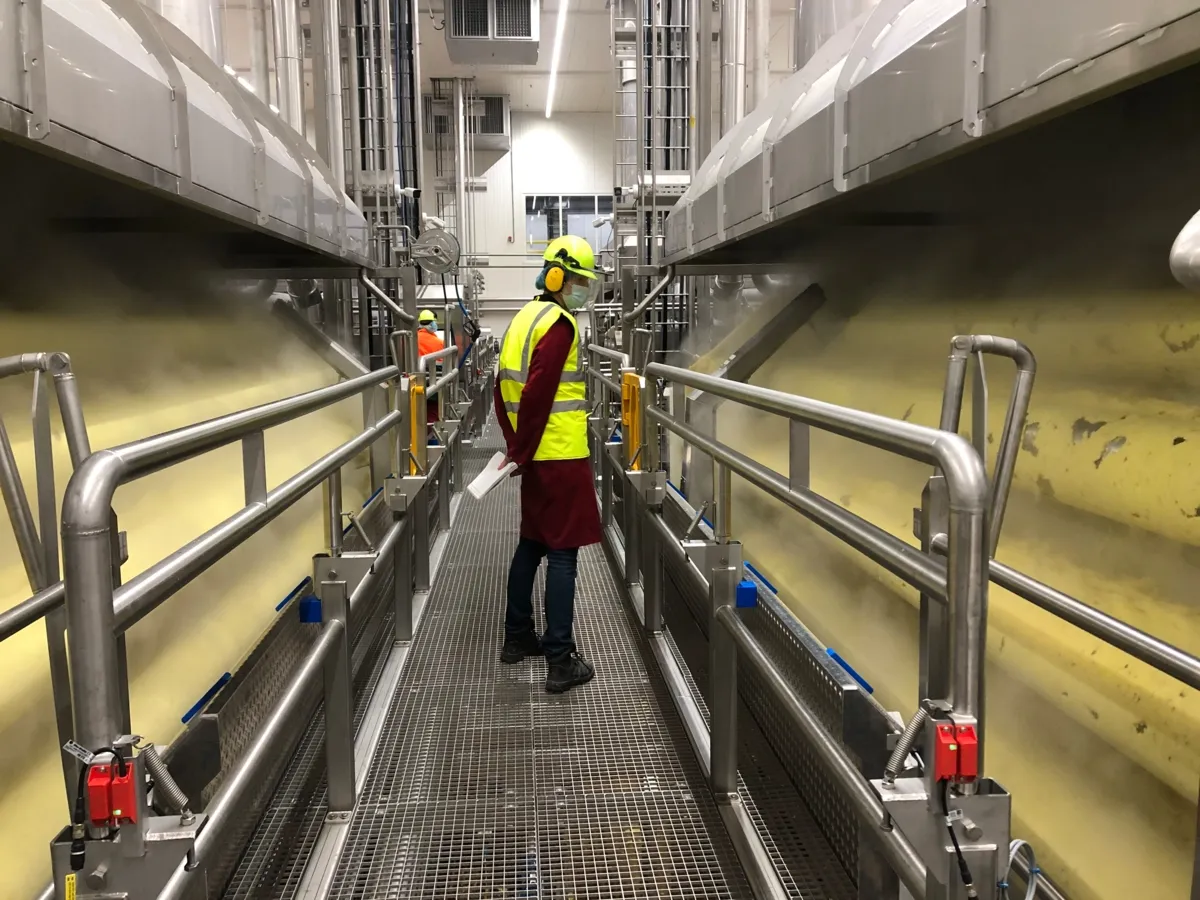
Sustainability Agenda 2030: eat balanced, don’t waste food and care about the climate
Thursday 22 April 2021Lamb Weston defines 3 key sustainability challenges for 2030: Balanced Diet, Zero Waste and Climate Action. These are disclosed in its sustainability report 2019-2020, which was published today. The report shows that most of the 2020 goals are reached. That’s why the potato processor unveils its Sustainability Agenda 2030, with ambitious goals that are promoted by Changemakers across the company. This group of people helps to build an even stronger sustainability foundation within the company.
Improved products, zero waste and 42% lower CO2 emissions
Lamb Weston is proud to have been able to deliver most of the Sustainable Seven 2020 goals. Compared to the reference year 2008, 90% of its frozen products are pre-fried in healthier vegetable oil, low in saturated fat. Furthermore, Lamb Weston reused, recycled, or recovered 99.9% of its processing by-products and waste streams. And in the 6 European factories the direct CO2 emissions generated per kg of product are reduced by 42%, whereas its product carbon footprint -from field to freezer- was reduced by 22%.
Marc Schroeder, CEO Lamb Weston: “We consider it our responsibility to have an active and leading role in creating a better future. We want to ensure that growing and processing potatoes remains possible for many generations to come. The humble and nutritious potato is key to everything we do, and we are always seeing possibilities in potatoes.”
The Sustainability Agenda 2030
Today Lamb Weston released its Sustainability Agenda 2030. To set this agenda, we used the UN Sustainable Development Goals (SDGs) as a compass. We looked at global sustainability challenges and engaged into a stakeholder dialogue with customers, growers, business partners and employees. This resulted in 3 key challenges to which Lamb Weston believes it can contribute the most, creating positive impact from potato to plate.

Balanced Diet
The first key challenge for Lamb Weston is to support consumers in their transition to a balanced diet. The potato itself is a natural ‘goodie bag’ and one of the most sustainable, nutritious staple foods to help feed a growing population. In making its food products, Lamb Weston tries to retain as much of the naturally present nutrients as possible.
Zero Waste
The second key challenge is to contribute to a fully circular food and agriculture business: Zero Waste. Lamb Weston wants to drive sustainable production and consumption and achieve that food loss and wastage is minimised along the supply chain. Lamb Weston commits itself to halve its food waste and use less or better packaging towards 2030.
Climate Action
The third key challenge is Climate Action, which will help Lamb Weston reduce its impact on the planet. The company will achieve this by further reducing its carbon and water footprint, and source sustainably, focusing on the following three key areas: Sustainable Operations, Sustainable Agriculture and Sustainable Supply Chain.

Making sustainability an integral part of the organisation
Lamb Weston started in 2020 an employee engagement program with 2% of their workforce: the Changemakers. In the coming 3 years this Changemakers group will be extended to 10% of the employees. These dedicated employees help build and share the sustainability story and guide their teams to better understand how they can contribute to the Lamb Weston sustainability goals. Lamb Weston is convinced that only with the support of all the employees the Sustainability Agenda 2030 can be met.
The full 2019-2020 report, including the 2030 Sustainability commitments, is available online at www.lambweston.eu/emea/sustainability.